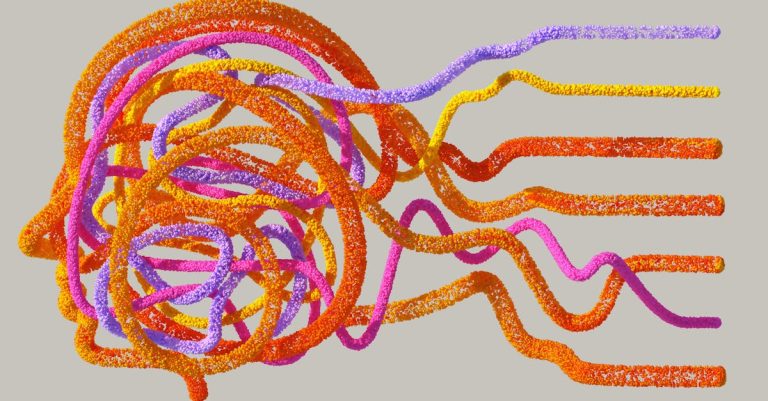In an age where distractions are plentiful, multitasking has become a common practice among professionals and students alike. While many believe that juggling multiple tasks at once can boost efficiency and productivity, the reality is quite the opposite. Research shows that multitasking can significantly hinder your ability to focus and complete tasks effectively. In this blog post, we will explore the reasons why multitasking is hurting your productivity and provide strategies to enhance your focus and efficiency.
The Myth of Multitasking
Many people are proud of their ability to multitask, believing it to be a sign of competence and efficiency. However, studies have shown that the human brain is not designed to manage multiple cognitive tasks simultaneously. According to the American Psychological Association, multitasking can lead to:
- Increased errors
- Reduced performance
- Decreased attention span
- Increased stress levels
Understanding the Impact on Productivity
When you multitask, you’re diverting your attention away from what matters most, which can lead to a drop in overall productivity. Here are some key reasons why multitasking is detrimental:
- Cognitive Overload: Your brain has limited capacity. Attempting to process multiple sources of information can cause cognitive overload, impairing your ability to think critically.
- Task Switching Costs: Every time you switch from one task to another, there is a mental cost involved. Studies indicate that it can take up to 25 minutes to refocus on the original task after a distraction, leading to wasted time and energy.
- Lower Quality of Work: When you divide your attention, the quality of your work often suffers. This can lead to mistakes that require additional time to correct.
- Increased Stress: Multitasking can elevate stress levels as you constantly worry about managing multiple responsibilities. This stress can further impair your performance and well-being.
Finding Focus in a Distracted World
So, how can you boost your productivity without falling into the trap of multitasking? Here are some effective strategies to help you focus on your work:
- Prioritize Your Tasks: Use a task management technique, such as the Eisenhower Box, to categorize your tasks based on urgency and importance.
- Set Time Blocks: Allocate specific periods for focused work on individual tasks. Consider using techniques like the Pomodoro Technique, which encourages 25 minutes of focused work followed by a 5-minute break.
- Limit Distractions: Create a distraction-free environment by turning off notifications and setting boundaries with colleagues when you need to concentrate.
- Practice Mindfulness: Engage in mindfulness and meditation practices to improve your focus and reduce stress. Apps like Headspace can guide you through these techniques.
Acknowledge the Benefits of Single-tasking
Returning to single-tasking can have profound effects on your productivity and overall job satisfaction. By concentrating on one task at a time, you may experience:
- Better concentration and focus
- Higher-quality outcomes
- Improved mental clarity
- Greater peace of mind
Conclusion
In conclusion, while multitasking may seem like an effective way to enhance productivity, it is often counterproductive. By understanding the negative impacts of multitasking on our cognitive performance, we can implement single-tasking techniques to boost our efficiency and produce better results. Remember, focusing on one task at a time not only helps you work more effectively but also contributes to your overall well-being. Start today and watch your productivity soar!








